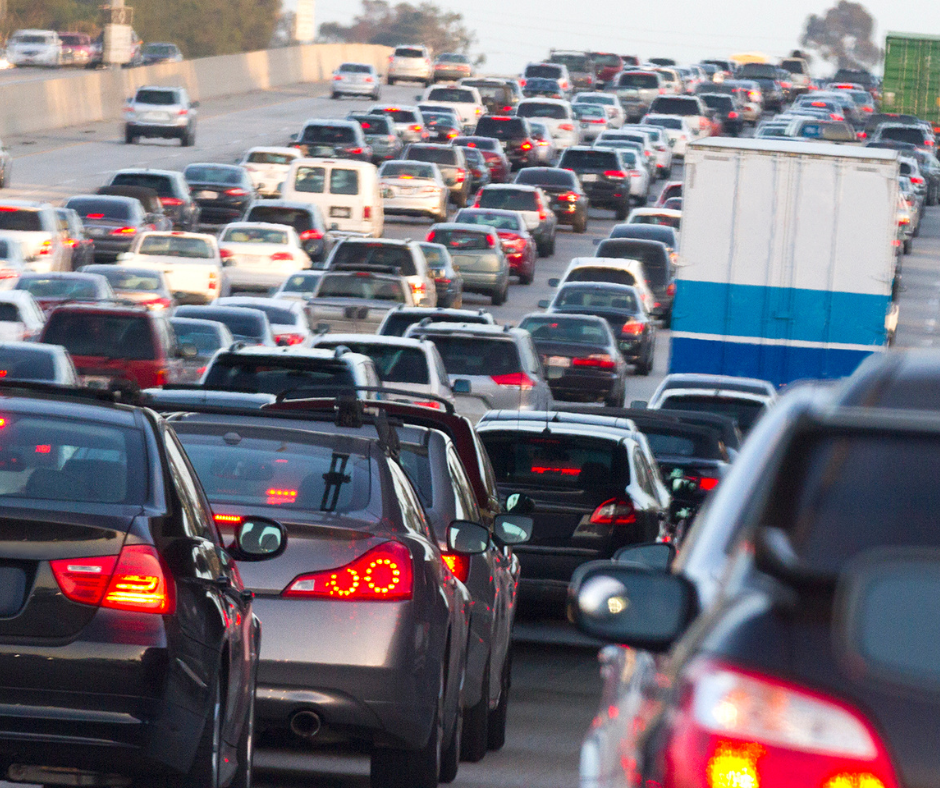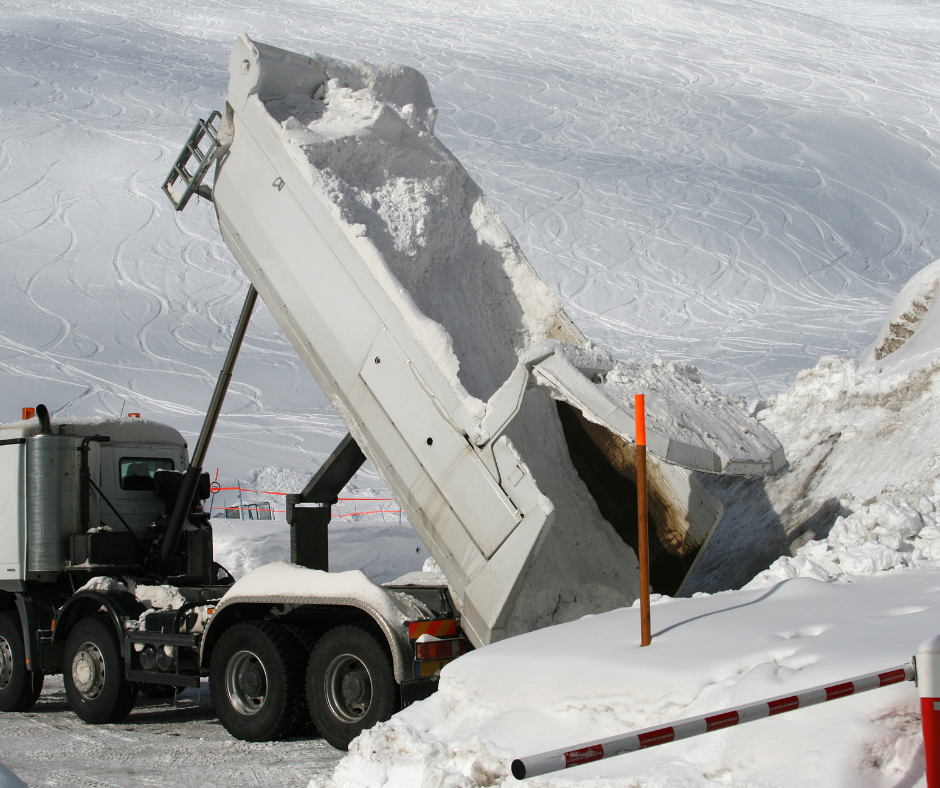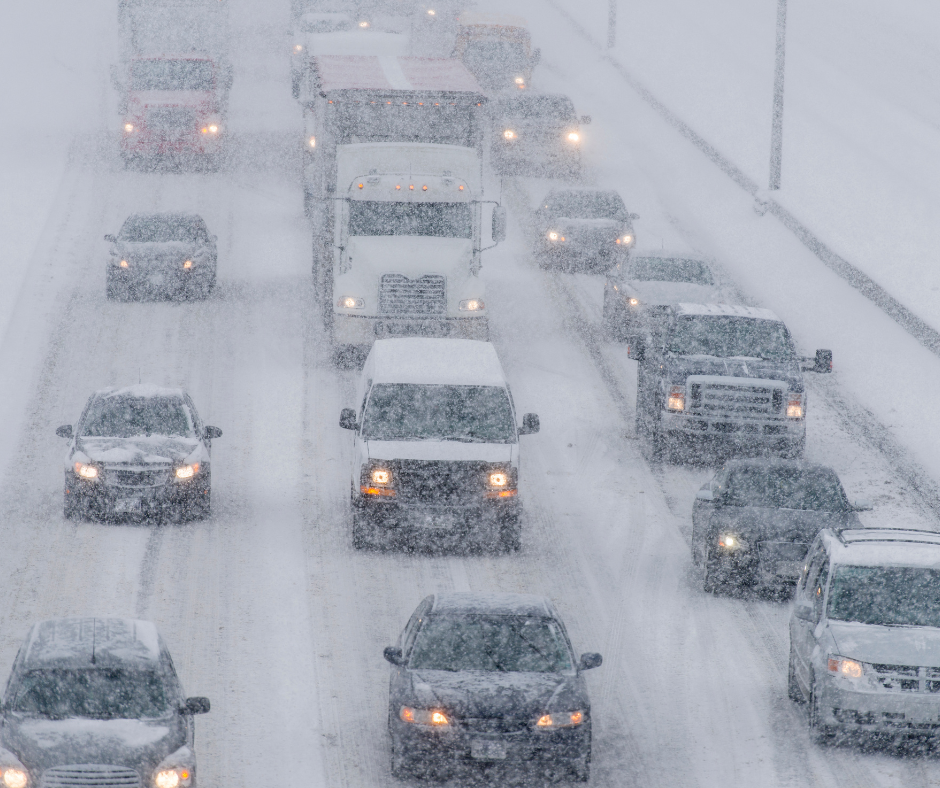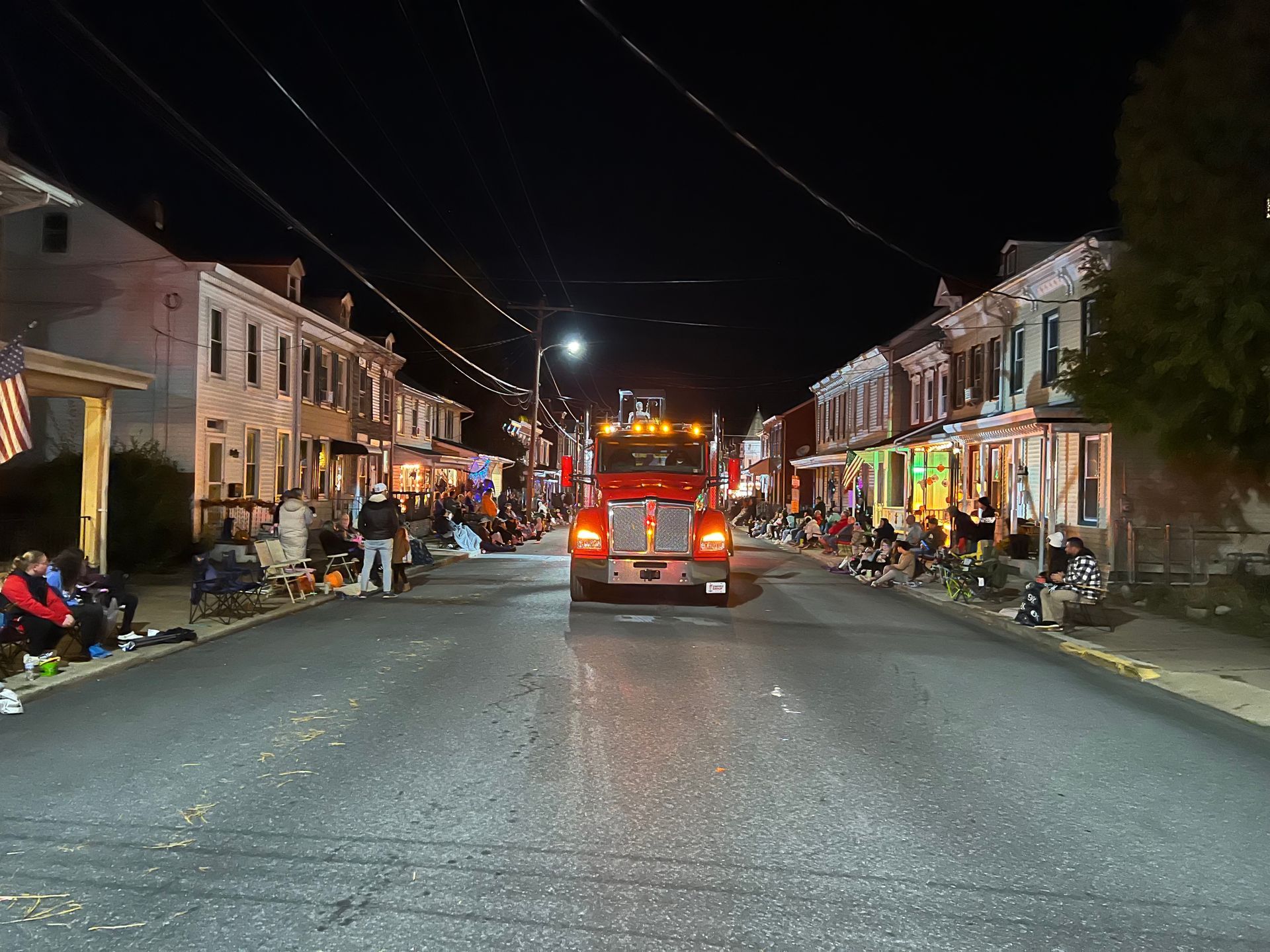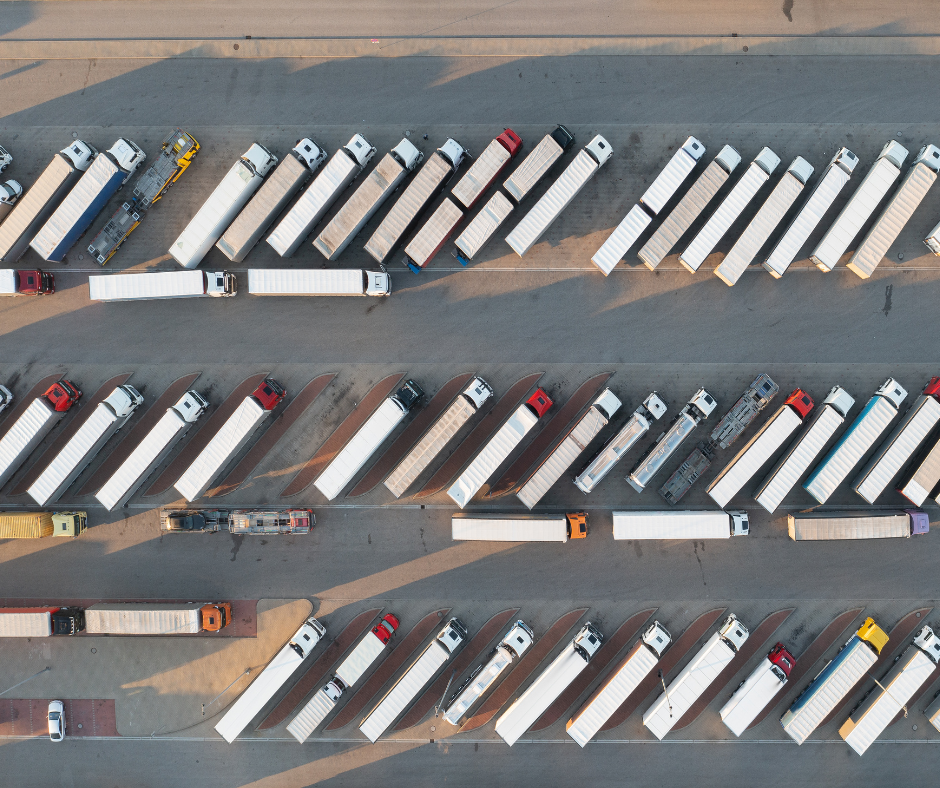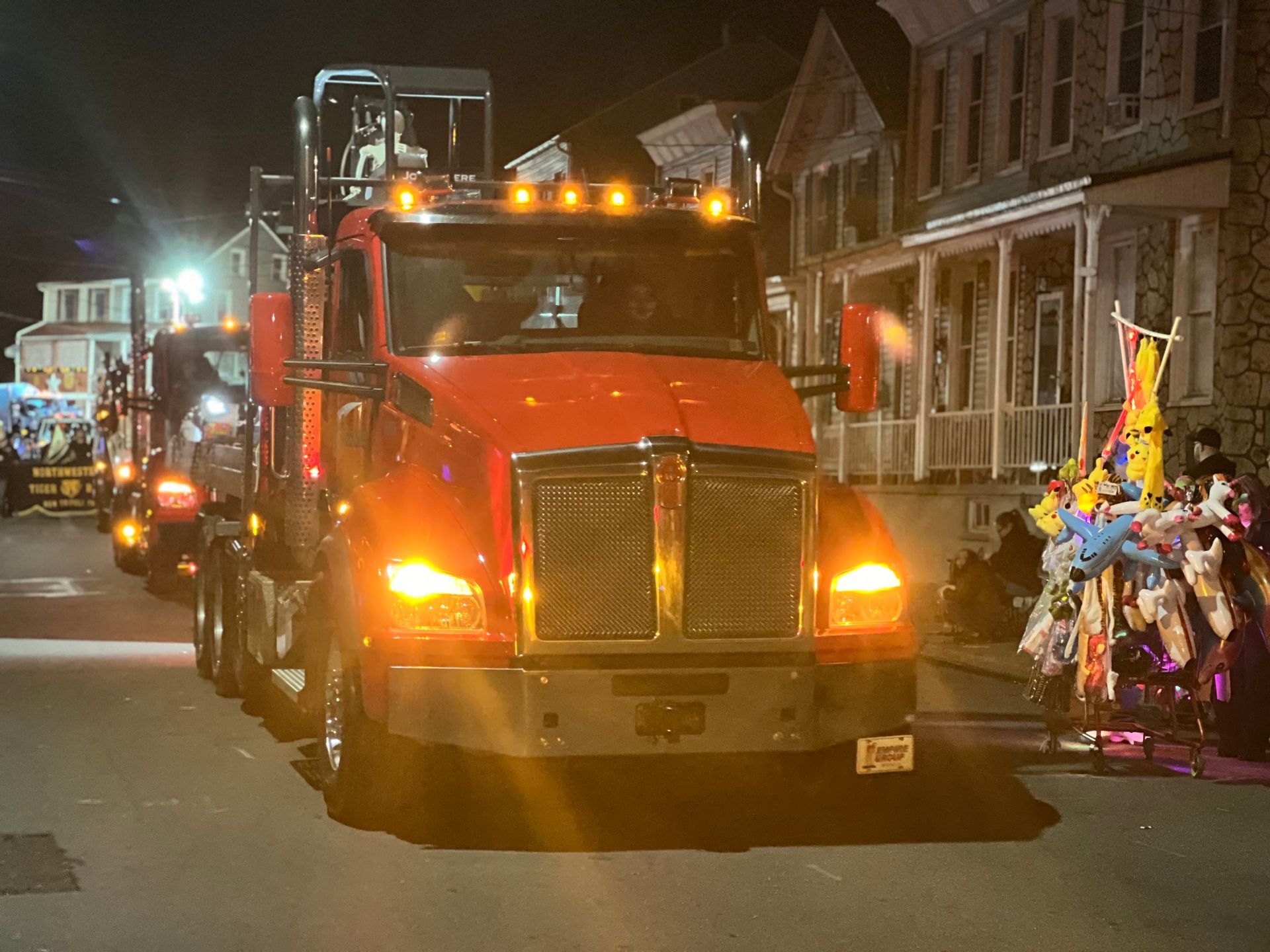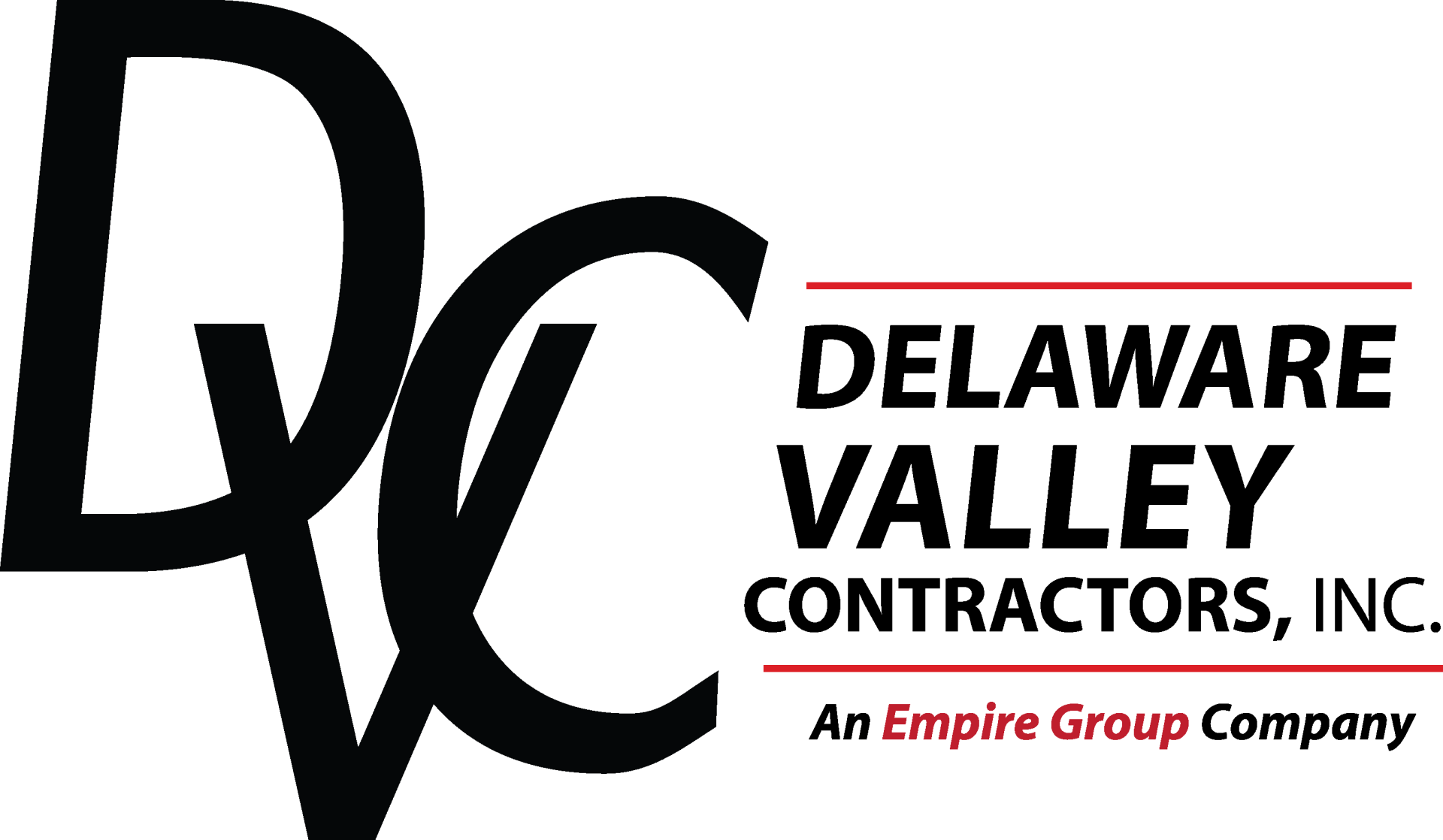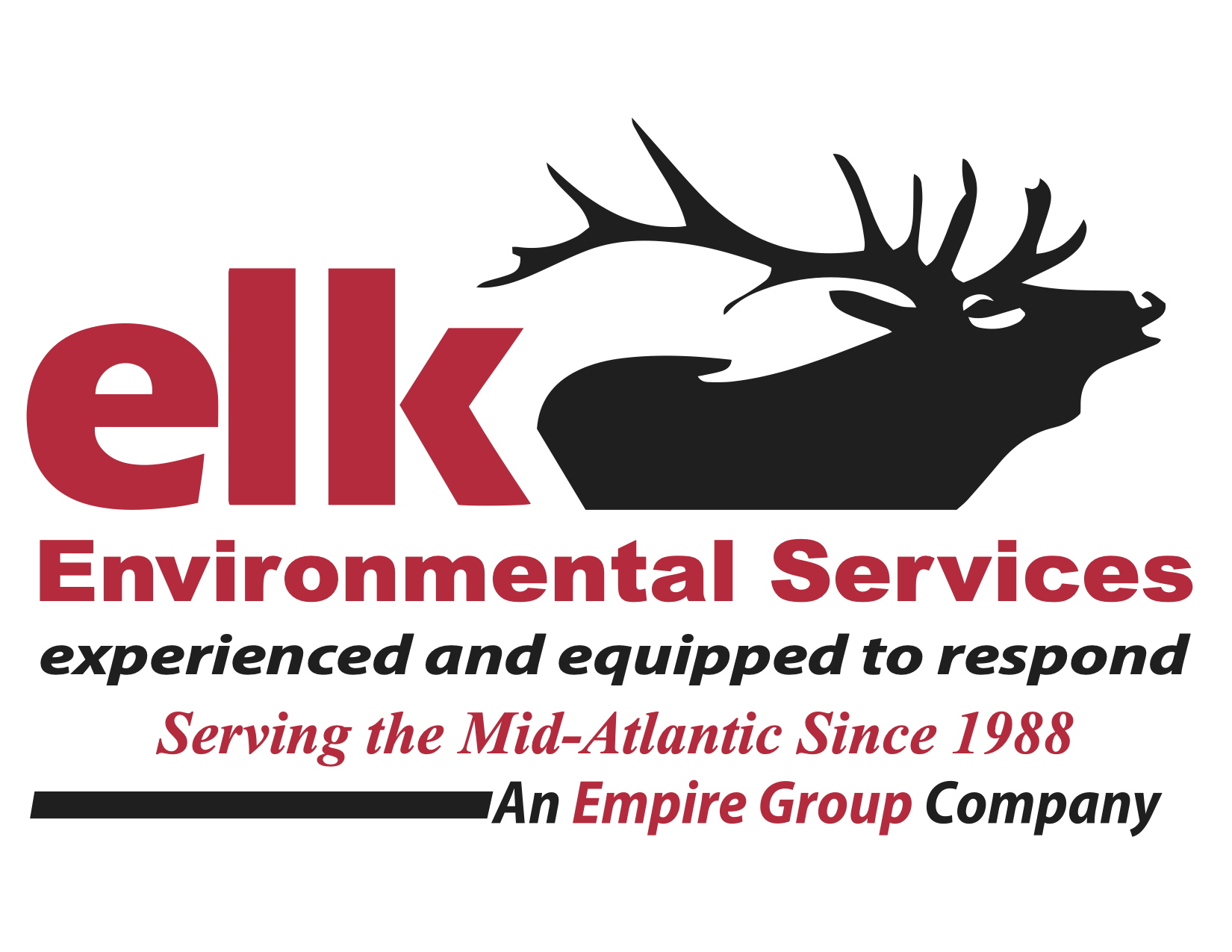What is National Preparedness Month?

September is National Preparedness Month. It is only fitting since September is smack in the middle of hurricane season. However, this safety observance is not only for hurricanes, but for any disaster or emergency in homes, businesses, or schools as well as properties and roads. To be prepared means not only to prepare a structure or area for a storm, but also for the aftermath of one, such as the storm producing a leak, contamination, spill, or injury. In the Northeast region of the U.S., we are reminded of the importance of National Preparedness Month by the one year anniversary of Hurricane Ida wreaking havoc on Pennsylvania, New Jersey, and New York. We know what the observance is for, but why was it created?
National Preparedness Month was created after 9/11 by the Federal Emergency Management Agency (FEMA). The agency was created to manage disasters and emergencies since the late 1800s. What most people do not know is that FEMA was initially a legislative act, which was officially launched by President Jimmy Carter in 1979. It managed under the U.S. Department of Homeland Security. This month, everyone is encouraged to create a safety plan, which includes how and what to report during a disaster or emergency. The safety plan should not only include how to protect your home or business, but also your vehicles and equipment. Protecting your fleet of vehicles can mean ensuring they are secured in a garage or warehouse. If coverage is not available, it’s recommended to relocate them to higher ground. Equipment, such as trailers, dumpsters, and dozers, should also be stored away or secured in place. Being prepared and practicing safety protocols has many benefits, including reducing fear and making the community safer.
At DVC, we take every measure to protect our team and vehicles from severe weather, floods, and icy roads. We also make every effort to protect our fleet to reduce damage during storms or emergencies. We hope everyone celebrates National Preparedness Month and values safety as much as we do!
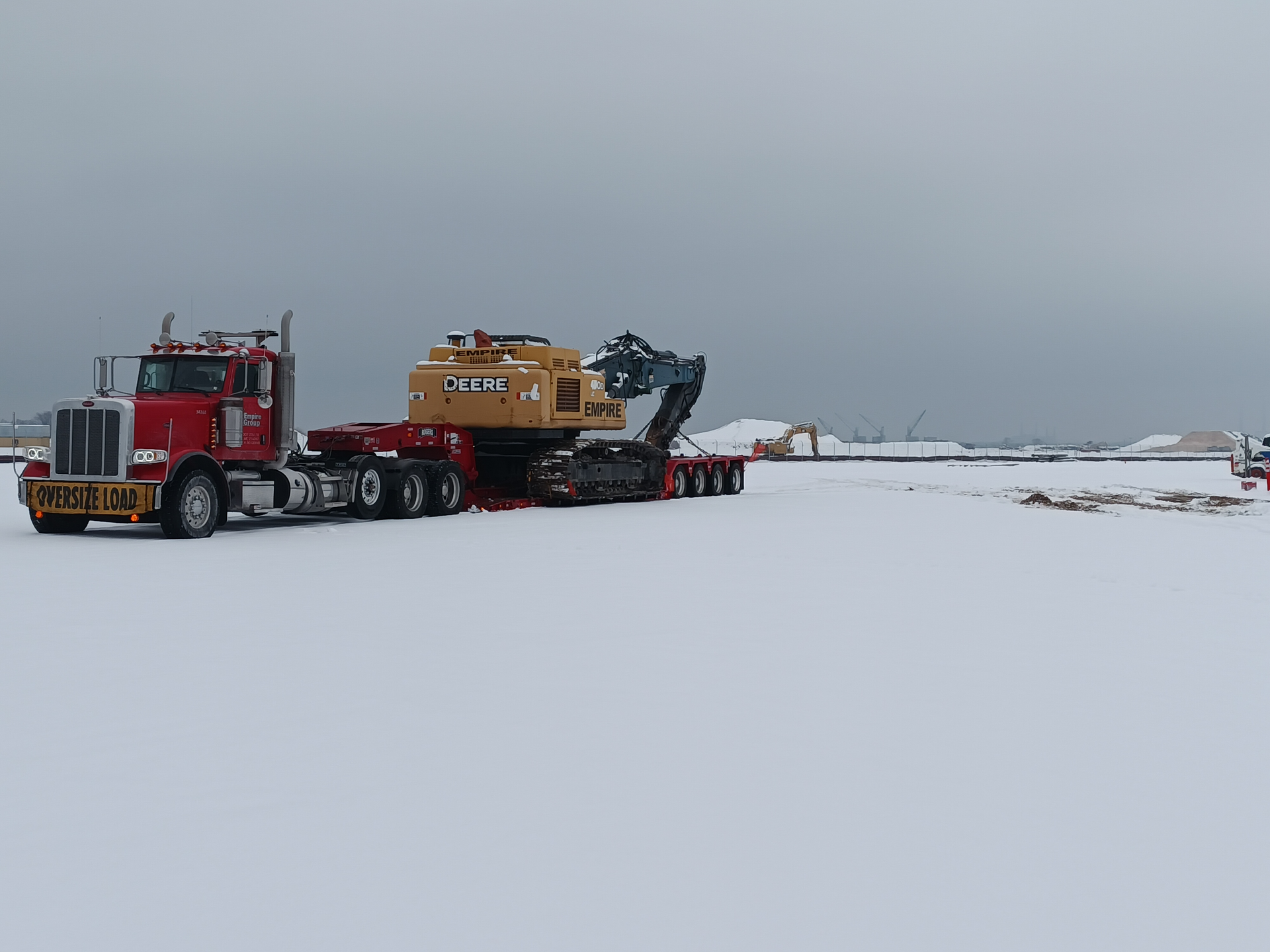

How DVC's Trailers Are Perfect for Transporting Mulch, Stone, Sand and Soil for Landscaping Projects

